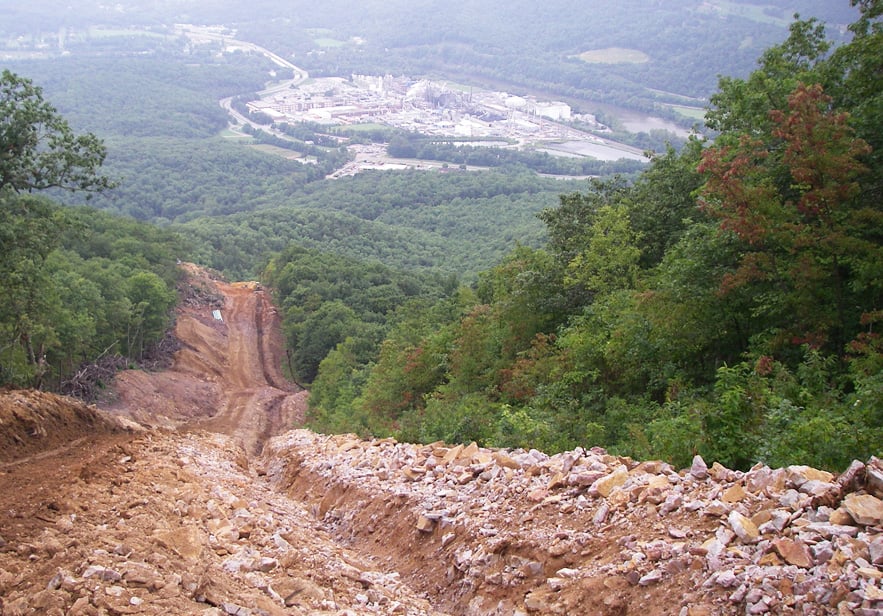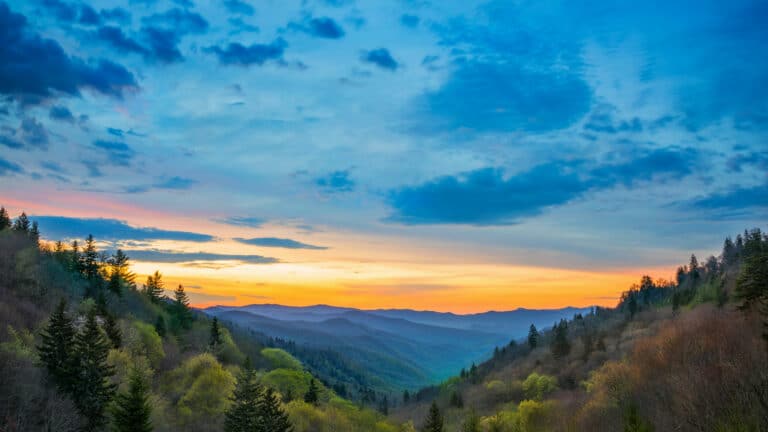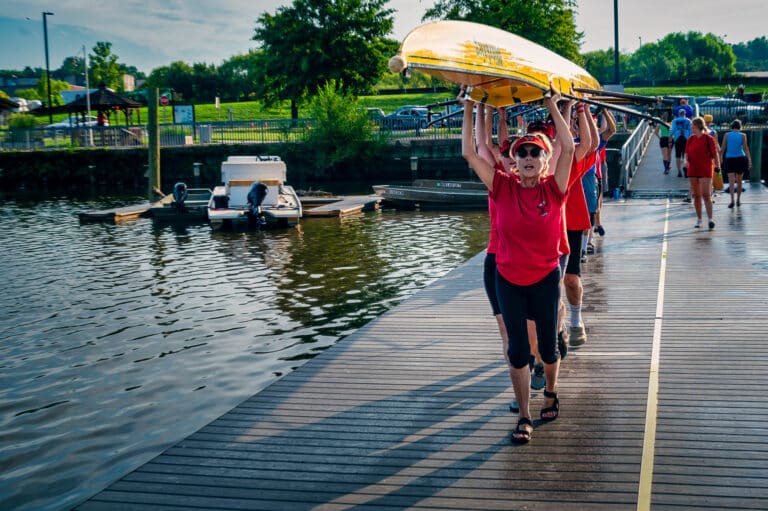Federal court throws out two key permits for Atlantic Coast Pipeline
A judge with the U.S. 4th Circuit Court has ruled that the U.S. Fish and Wildlife Service didn’t follow its order to protect endangered species when it fast-tracked and re-issued two permits for the Atlantic Coast Pipeline. Judge Robert Gregory ruled that, “in fast-tracking its decisions, the agency appears to have lost sight of the mandate under the ESA (Endangered Species Act): ‘to protect and conserve endangered and threatened species and their habitats.’
Construction for the Atlantic Coast Pipeline has been held up since December 2018 due to regulatory setbacks. Dominion Energy, the major developer of the pipeline, released a statement saying that they expect the permits to be re-issued and the pipeline to be completed by late 2021.
NC Wildlife Resources Commission delays lifting Sunday hunting ban
A 150-year ban on hunting on public game lands on Sundays may remain for at least another two years as the N.C. Wildlife Resources Commission (WRC), the agency that oversees hunting on public land, gathers public input about potentially lifting the Sunday ban.
Last year, the WRC announced that they would form public listening sessions in the spring and a stakeholder group to gather public input about lifting the Sunday hunting ban in time for the 2020 hunting season. Those sessions never took place, in part because some of the commissioners on the WRC felt uneasy. A survey conducted in 2018 by the WRC showed that users of public game land are split nearly in half on the issue of opening the land for Sunday hunting. Respondents to that survey cited a number of concerns including animal rights, religious beliefs and safety concerns.
5 previously unknown coral reefs are discovered in Mexico
Researchers in Mexico have discovered five previously unknown reefs off the southwestern Gulf coast of Mexico. The reefs cover more than 2,700 underwater acres and are located both inside and outside of protected areas. The newly discovered reefs include one off of the Tamiahua Lagoon, which is the northernmost and longest coral reef ever discovered in the area.
Scientists are now asking for the reefs to be legally protected from drilling and development, stating that the reefs are a key component in the marine food chain and an oasis for ocean species fleeing warming water temperatures.








